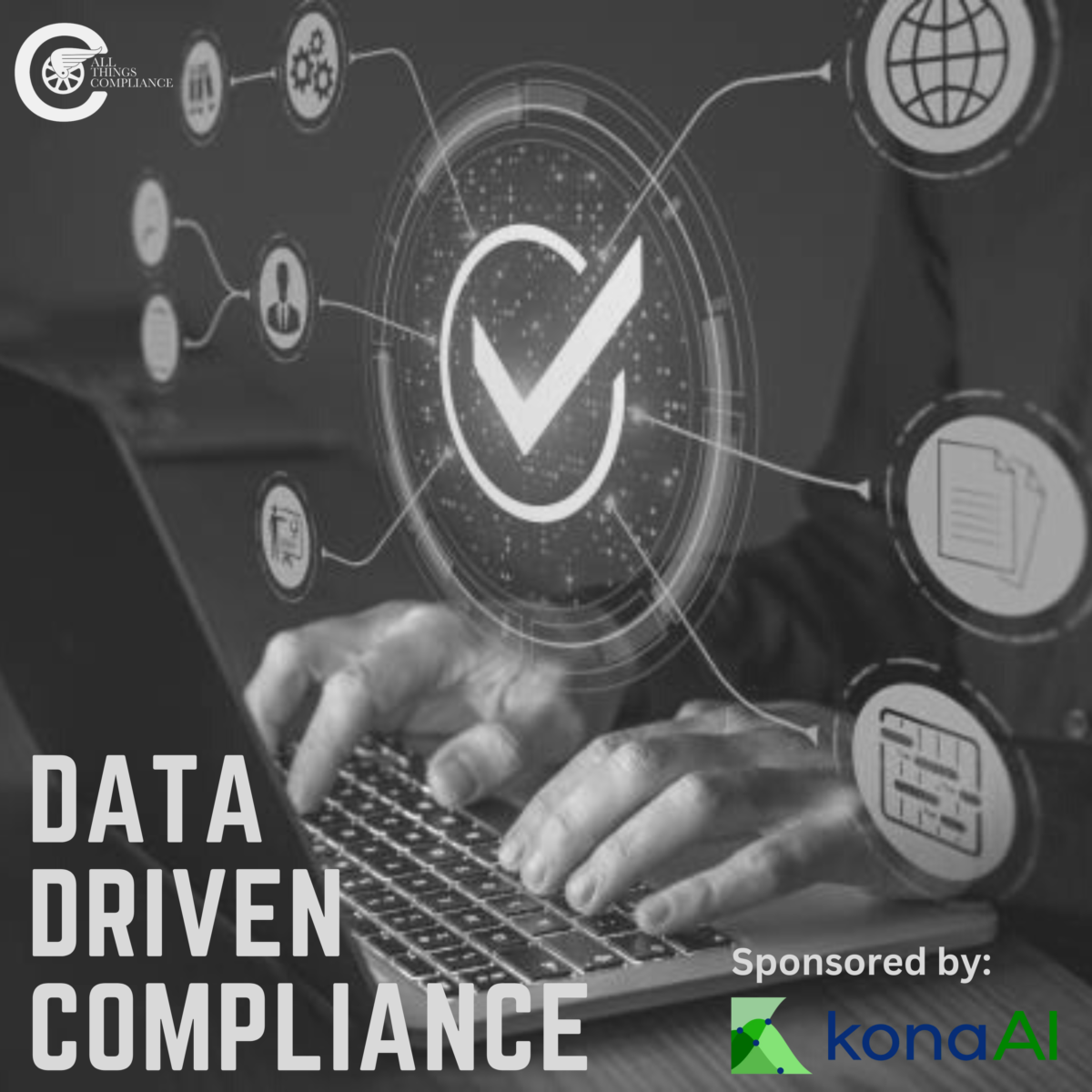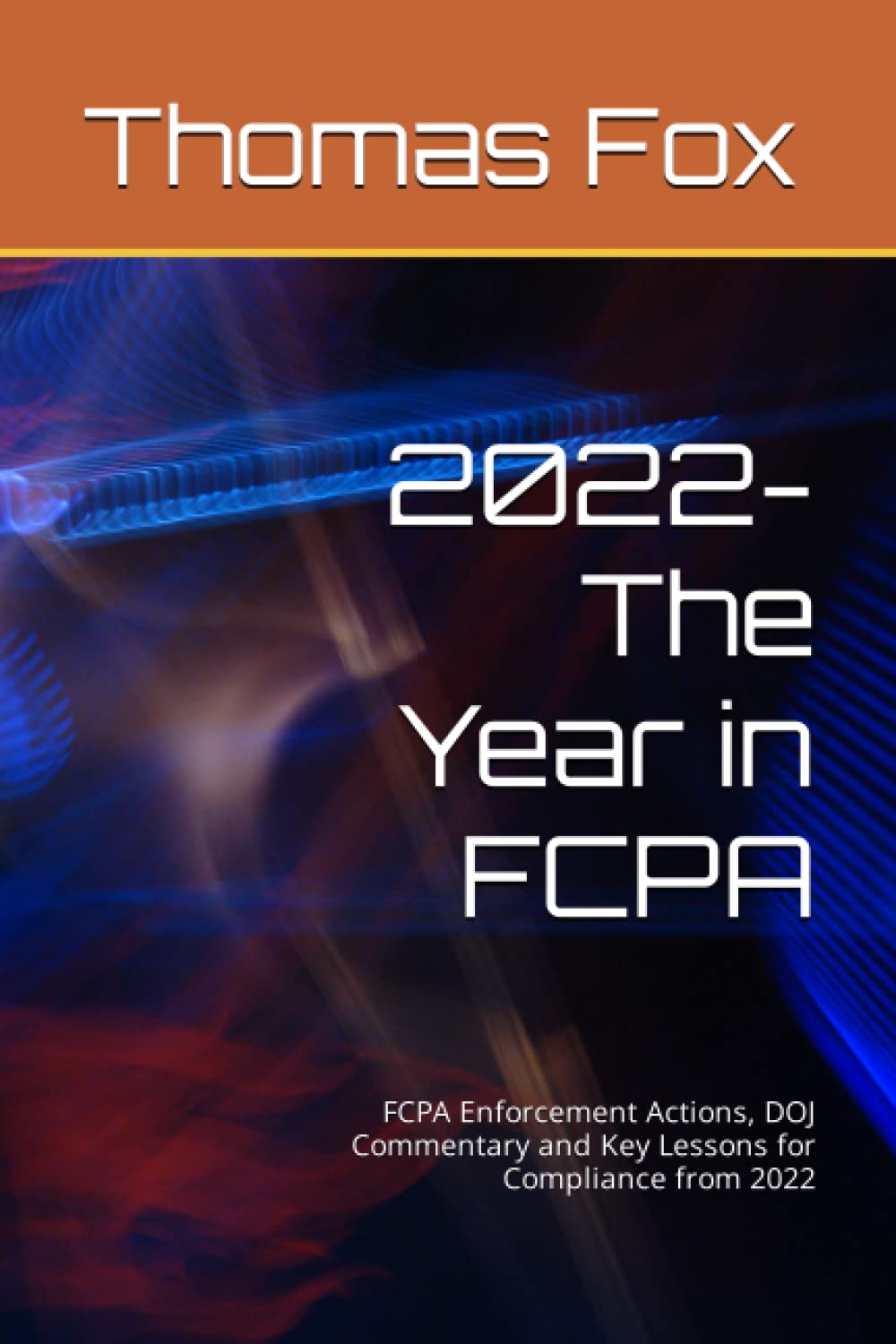Last week the Amsterdam based Koninklijke Philips N.V. (Philips) agreed pay more than $62 million to the Securities and Exchange Commission (SEC) to resolve charges that it violated the Foreign Corrupt Practices Act (FCPA) with respect to conduct related to the sales of medical diagnostic equipment in China. This case is yet another recent FCPA enforcement matter involving distributors. It demonstrates once again some of the inherent risks in a distributor sales model, as opposed to the model traditionally seen as the highest risk, the commissioned sales-agent. (Shout out to Harry Cassin at the FCPA Blog for breaking the story to the compliance community.)
According to the SEC Press Release announcing the matter, “Philips’ subsidiaries in China, cumulatively referred to in the order as Philips China, used special price discounts with distributors that created a risk that excessive distributor margins could be used to fund improper payments to government employees.” Equally significant was that the “SEC’s Order also found that employees, distributors, or sub-dealers of Philips’ subsidiaries in China engaged in improper conduct to influence hospital officials to draft technical specifications in public tenders to favor Philips’ products.” The SEC pointed to two examples, “in one instance, a district sales manager at Philips China provided funds to a hospital director in return for the director’s assistance in the procurement process, and, in another instance, Philips China employees discussed tailoring technical specifications for a public tender with hospital directors so that only Philips China and two other manufacturers would qualify for the bid.” As a result of its conduct, Philips was unjustly enriched by approximately $41 million.
I. Introduction
According to the Order, in “China the majority of hospitals and other healthcare providers are state-owned enterprises. These government-owned entities purchase the majority of their diagnostic imaging equipment through public tenders. By 2016, the majority of Philips China’s sales were made indirectly through authorized distributors or sub-dealers engaged by the authorized distributors. By 2018, 91% of Philips’ diagnostic imaging revenue in China was earned through this indirect sales channel.”
Philips China aggressively grew its diagnostic imaging business, winning public tenders in an increasingly competitive market. Phillips was aggressive in its pricing discounts to do so. According to the Order, “in some transactions, at the request of distributors, Philips China provided special pricing discounts on the health technology equipment that it sold to its distributors. However, Philips China’s approval processes and its recording of the special pricing discounts were not subject to sufficient internal accounting controls to ensure appropriate management authorization of the discounts.”
II. The Corruption Schemes
- The Hospitals
The Order related that in multiple transactions between 2014 through 2019, Philips China employees, distributors, or sub-dealers engaged in improper bidding practices to increase the likelihood that Philips China’s distributors or their sub-dealers were awarded public tenders to sell medical equipment to government-owned hospitals. There were three general prongs to these bribery schemes. The employee responsible for writing the technical specifications, in consultation with a bidder such as Phillips would provide that same bidder “with a competitive advantage in the public tender prior to the opening of the bidding period” by providing the information to the bidder prior to the formal beginning of the bidding process.
Another scheme was to draft specifications which would meet that bidder’s equipment “to increase the likelihood that the selected manufacturer would qualify for the winning bid.” In the final bribery scheme the “hospital employee directed the winning bidder or its distributor or sub-dealer to prepare the manufacturer’s bid and also two additional accompanying bids to meet the three-bid requirement of public tenders and give the appearance of legitimacy.” Further, “Phillips China employees who participated in the conduct described above included district sales managers, sales employees, and employees in the technical group that supported sales.”
- Phillips Responses
The SEC Order pointed to three examples of bribery schemes engaged in by Philips in response to the corruption perpetrated by the health care providers.
a. Bribes for Inside Information
In one example a Philips China district sales manager for Hainan Province delivered approximately $14,500 directly to the home of a director of the hospital’s radiology department in return for the director’s assistance in the procurement process. With the inside information obtained through this payment, “the sales team discussed the specifications to be included in the bid with the relevant hospital director, and its distributor prepared an accompanying bid with another manufacturer’s products.” It ended with a “procurement award for two Philips devices valued at $4.6 million.”
b. Bribes to Obtain Unlawful Influence
In another example, the decision-making directors at a hospital discussed tailoring the technical specifications with Philips China employees so that only Philips China and two other manufacturers would qualify to compete in the bidding process. In October 2017, a Philips China distributor won the bid to sell two Philips devices to the hospital. This tender was won as a result of inappropriately influencing the tender specifications, netting Philips a tender valued at $475,000.
c. Excessive Discounts Provided to Distributors
In perhaps the most classic distributor bribery model, Philips China’s use of special price discounts with distributors created the risk that excessive distributor margins could be used to fund improper payments to employees of government-owned hospitals. The SEC Order did not specify the amount of the discounts or how it differed from the standard (if any) discount provided to Philips distributor.
Join us tomorrow where we consider Philips lack of internal controls, the fine and penalty, the recidivism of Philips and any potential Department of Justice (DOJ) enforcement action.










